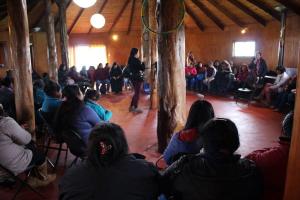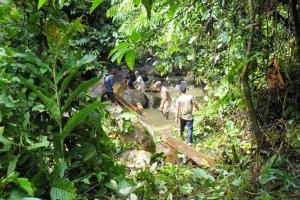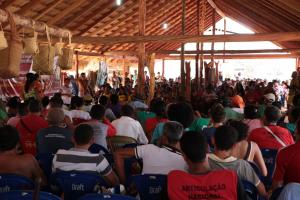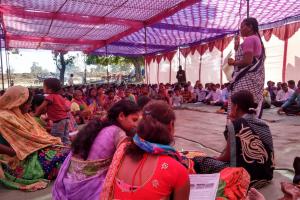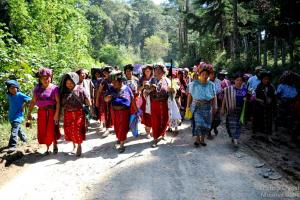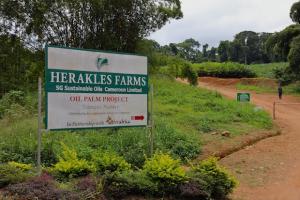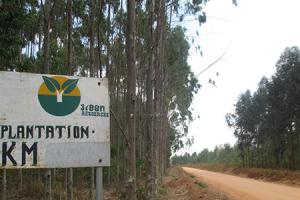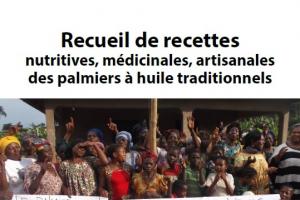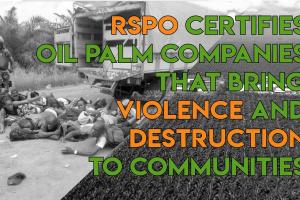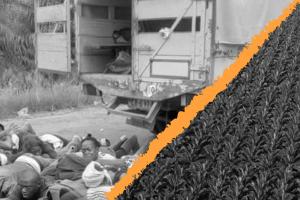Seeds of Hope
“What are the solutions to forest destruction?” “What are the alternatives?” Questions like these are often raised to squash possible debate that could lead to real solutions to deforestation and climate chaos. The way forward starts with ending the assault on forest peoples and their ways of life, and learning about their relationships with their territories. For generations, forest-dependent communities have lived in and with forests, and have protected them.
The Network of Women’s Organizations of Tirúa, in south central Chile, is deploying strategies for life to prevail in this region. This territory has been threatened by the massive invasion of tree plantations, which state policies continue to promote.
After the cancellation of the Baram mega-dam in 2016, the villagers of Long Liam, who were among the thousands opposing the construction of a mega dam, joined forces to install the very much needed power source in their community.
WRM spoke with Kum’tum, an indigenous man from the Akroá-Gamela people of Brazil. These are his reflections about their history and the current collective process that aims to rediscover and recover their roots, after having been dispossessed of their territory and community. (Available in Swahili).
Village assemblies in Korchi, along with resistance against mining, are actively engaged in reimagining and reconstructing local governance. Women’s collectives have also started to assert their voice in these emerging decision-making spaces. (Available in Swahili).
In Latin America, women have always been part of the historical struggles in the defence of territory and the environment. Through protests and daily practices, they have resisted the many ways of extractivism and all forms of violence against women. (Available in Swahili).
An interview with the activist Nasako Besingi. He organized communities in their protests against US agribusiness Herakles Farm’s palm oil plantations. Due to this engagement, he has been the victim of Herakles Farm and government physical attacks, intimidation and criminalization. (Available in Swahili).
At first glance, the Nzivi village is a village as many others in the area. But a big difference is that it does not allow investors for large-scale activities, such as monoculture tree plantations. Green Resources is the main private plantation company active in Tanzania. (Available in Swahili).
Only available in French.
A compilation of articles from the World Rainforest Movement Bulletin on the occasion of the 14th meeting of the Conference of the Parties to the Convention on Biological Diversity (CBD), to be held 17 - 29 November, in Sharm El-Sheikh, Egypt.
Peasants and other people working in rural areas are one step away from achieving a United Nations Declaration that could defend and protect their rights to land, seeds, biodiversity, local markets and much more.
On November 12, with the endorsement of organizations from five continents, Friends of the Earth International and World Rainforest Movement publish an open statement denouncing the failure of the RSPO to eliminate the violence and destruction that oil palm plantations.
We invite organizations to sign on and support the statement, which denounces that the RSPO, since it was created 14 years ago, has been a tool that served the corporate interests of the oil palm sector
